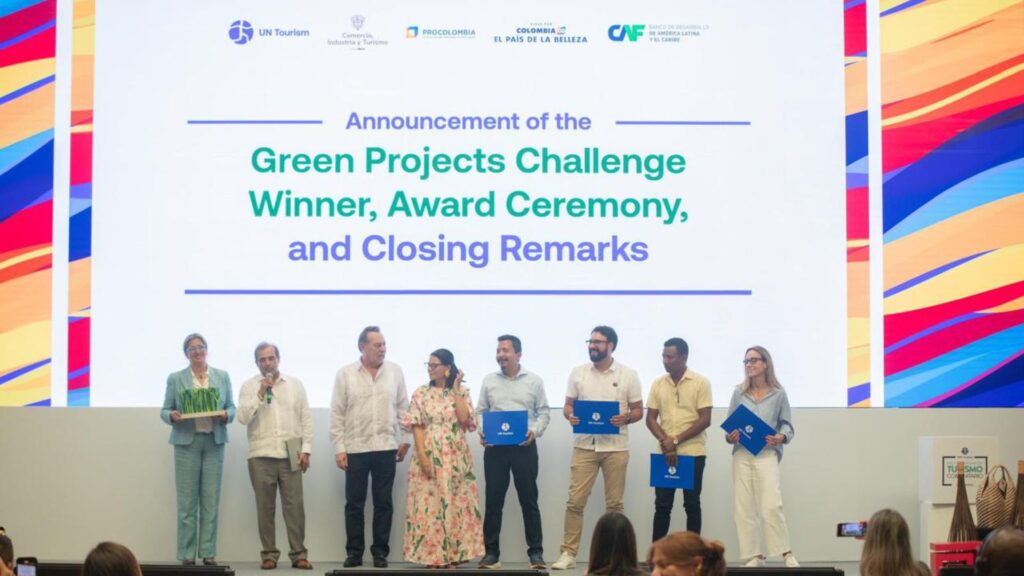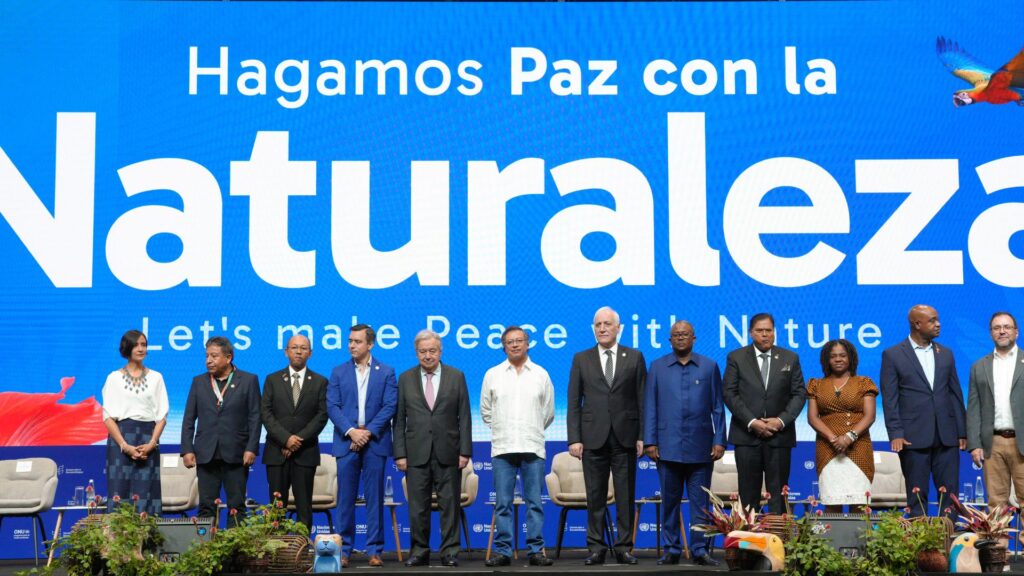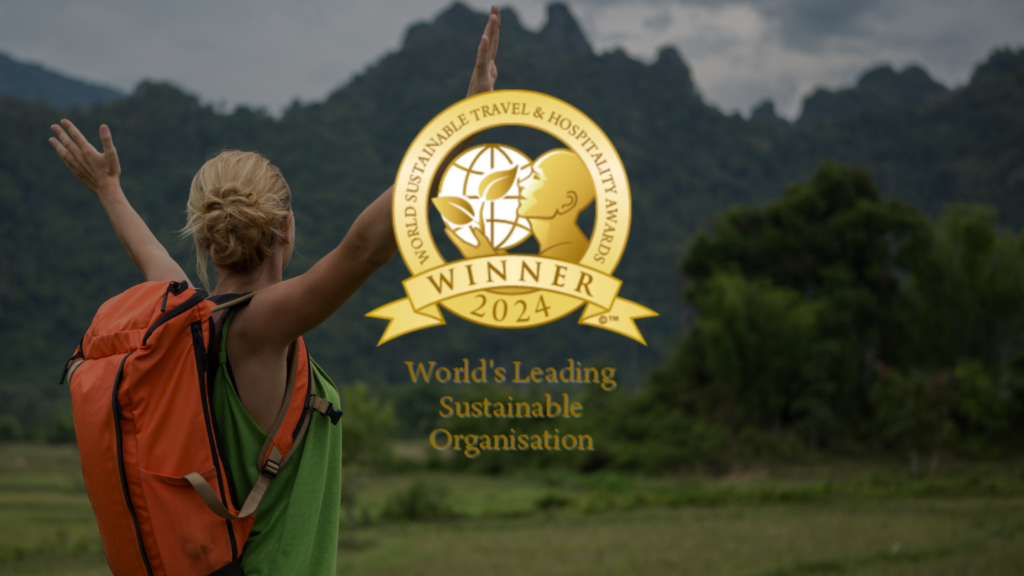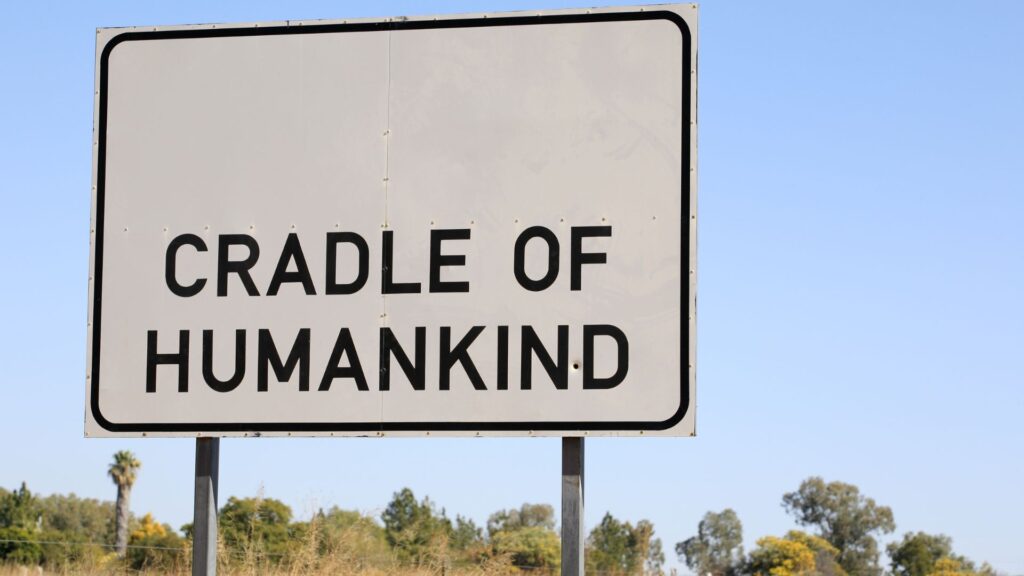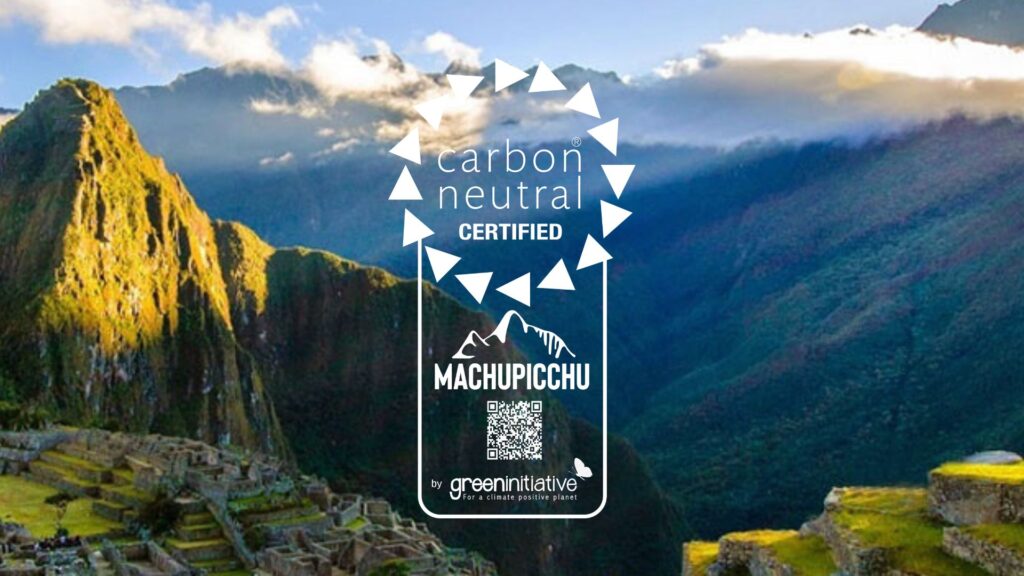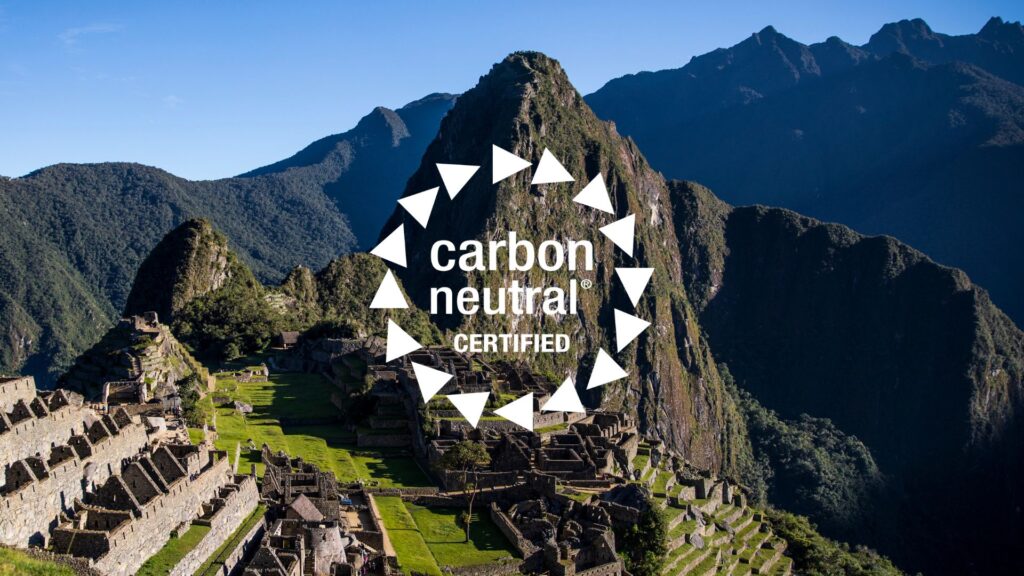Reducing the Carbon Footprint: The Impact and Leadership of the Senac Casa do Comércio School Restaurant
In Salvador, Bahia – Brazil, the Senac Casa do Comércio School Restaurant, a benchmark National Service for Commercial Learning (Senac) benchmark project, is setting an inspiring example of how the gastronomy and hospitality sector can lead decarbonization efforts. This school restaurant not only provides high-quality education for its students but is also deeply committed to sustainability, achieving a significant reduction in its carbon emissions per customer served. A Journey Towards Carbon Neutrality In 2022, the Senac Casa do Comércio School Restaurant embarked on its decarbonization journey, aiming to become the first restaurant in Brazil certified as Carbon Neutral by Green Initiative, a leading climate certification company in the tourism sector. The process included: 2023 Achievements: A Significant Step in Decarbonization The success in reducing its carbon footprint in 2023 resulted from several mitigation measures. Key initiatives included: These actions reduced carbon emissions and fostered a culture of efficiency and environmental responsibility among staff. According to 2023 emissions calculations, the restaurant emitted 14.19 kg of CO2 per customer compared to 17.44 kg in 2021 a reduction of 18.64%, exceeding the annual target of 5.5%. Absolute emissions increased from 786.50 to 1089.11 tCO2eq due to a 70.23% rise in customers, but emissions per customer fell significantly, demonstrating planned, responsible resource use. Transparent and Rigorous Methodology Emissions were categorized as follows: Electricity-related emissions (Scope 2) were eliminated in 2023 by exclusively sourcing renewable energy. Calculations adhered to internationally recognized standards, ensuring data accuracy and transparency. Commitment to Sustainability The impact extends beyond the restaurant’s walls. The initiative promotes sustainable practices among staff, students, and customers, influencing the supply chain, tourism sector, and society at large. “Since 2022, we have strived to reduce carbon emissions at the Senac Casa do Comércio School Restaurant by 50% by 2030. This includes sourcing from local small-scale producers and adopting sustainable practices like composting and renewable energy use,” said Kelsor Gonçalves Fernandes, President of the Bahia Trade System. “The work we carry out at the Senac Casa do Comércio School Restaurant is an opportunity to transform the future of our students. At Senac Bahia, we integrate sustainable attitudes into our pedagogical model, training professionals who understand the importance of these practices in their fields of work. Through 360º training, focused on innovative solutions and aligned with the global climate agenda, we are preparing conscientious citizens capable of driving positive changes in the job market. We regularly hold discussions on the topic, address related issues in the classroom, and, beyond that, our students and teachers see the results of theory in practice”, said Ana Rita Marques de Andrade – Regional Director of Senac Bahia Education and Future Goals Senac integrates sustainability into its pedagogy, preparing students to drive positive market changes. This holistic approach fosters innovation and connects to global climate agendas. The restaurant plans to adopt advanced energy-efficiency technologies, expand local ingredient use, and deepen employee and community engagement. Conclusion The Senac Casa do Comércio School Restaurant exemplifies how sustainability can be woven into gastronomy and hospitality. Its efforts meet environmental targets and set a benchmark for excellence and responsibility in the industry. The restaurant inspires others to contribute to a low-carbon economy by combining culinary tradition with sustainable innovation. Related Articles:


